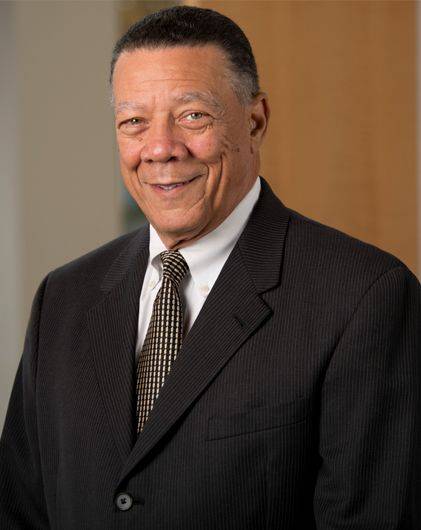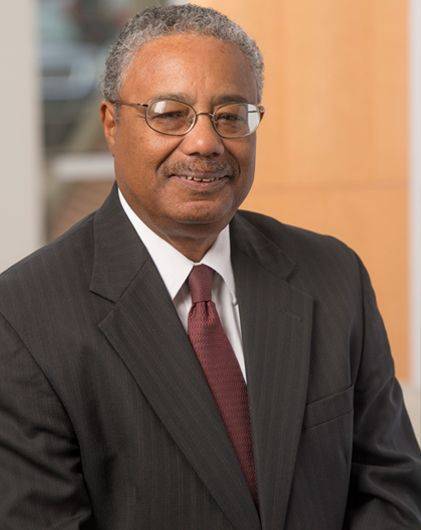Continuing the Legacy of Dr. Martin Luther King, Jr. Through a Lifetime of Activism
In Martin Luther King Jr.’s famous letter from a Birmingham jail, he wrote “Injustice anywhere is a threat to justice everywhere.” The civil rights movement involved great and courageous people, including the lawyers who risked everything to protect the movement. In the late 1950’s there were only 4 black lawyers in Mississippi and only 3 of them would take civil rights cases. Thankfully, that number grew but the risk to take on the work remained as prevalent as ever.
Reuben Anderson and Fred Banks grew up in segregated Mississippi. They met in grade school and have been friends, colleagues and advocates since. Reuben was the first African American graduate of the University of Mississippi Law School, calling his years there some of the most difficult times of his life. He graduated in 1967 and was one of just six African American lawyers in the state and the only one who went to law school. Fred Banks graduated from Howard University School of Law in 1968 and returned to Mississippi to lend his support to the mission of championing the push for equality.
Reuben and Fred entered the legal field when Martin Luther King, Jr. was assassinated and in the thick of the battle for civil rights. With determination and foresight, they formed the first interracial law partnership in Mississippi’s history with Melvyn Leventhal and John Nichols. This brave group of lawyers worked for the NAACP Legal Defense and Education Fund with the goal of making Mississippi a better place. Reuben would often carry his diploma with him into courtrooms as some judges would not permit black attorneys into their courtrooms. He received calls on his home phone line before important trials threatening death if he showed up for court.
Fred was considered an excellent legal strategic thinker for the team. In the continued fight for civil rights, he played a significant role on a number of fronts, including, criminal defense, school desegregation, employment discrimination and voting rights. His understated demeanor disarmed people and allowed him to get close enough to the bureaucratic systems to dislodge systemic racism and unequitable treatment for so many.
By the late 70’s, Reuben and Fred answered the call for public service accepting positions in the legislature and judiciary. Their careers mirrored each other bringing Mississippi its first African American circuit court judges, and state supreme court justices. Throughout their career, Reuben and Fred have been highly sought after to tackle some of the state’s most pressing issues surrounding equality and now diversity and retention for all.
Fred didn’t just use his skills as a lawyer to advance important causes. He was president of the Jackson branch of the NAACP for more than ten years and since 1982, he has served on its National Board of Directors. He also leads the Board’s legal committee. Reuben worked for years to build a world-class civil rights museum in Mississippi. When it opened, he was chosen to lead the museum as its chairman. He chaired the commission tasked with finding a new design for the state’s flag after the Confederate battle flag symbol was removed. As President of the Board of Trustees of the Mississippi Department of Archives and History, Reuben received the retired flag on the last day it was flown in the state saying, “It is the thrill of my life to accept these flags.”
Fred and Reuben announced their retirement from private practice in December of 2022; however, they remain active in their board involvement and non-profit commitments. Fred promises to “continually work to create an environment that promotes diversity.”
On Martin Luther King Jr. Day we commend Reuben and Fred for their bravery, persistence, and courage in the fight for civil rights. They have continued the legacy of Dr. Martin Luther King through their careers and in their examples which are a model for us all. We thank them and honor all who have acted on civil rights issues across the globe.
“We’re going to be a different state. We’re going to get off the bottom,” Anderson said. “It won’t happen, like I said, in my lifetime. But I can assure you, my grandkids will see a different state.” Our communities and our world look different because of their commitment to civil rights.



